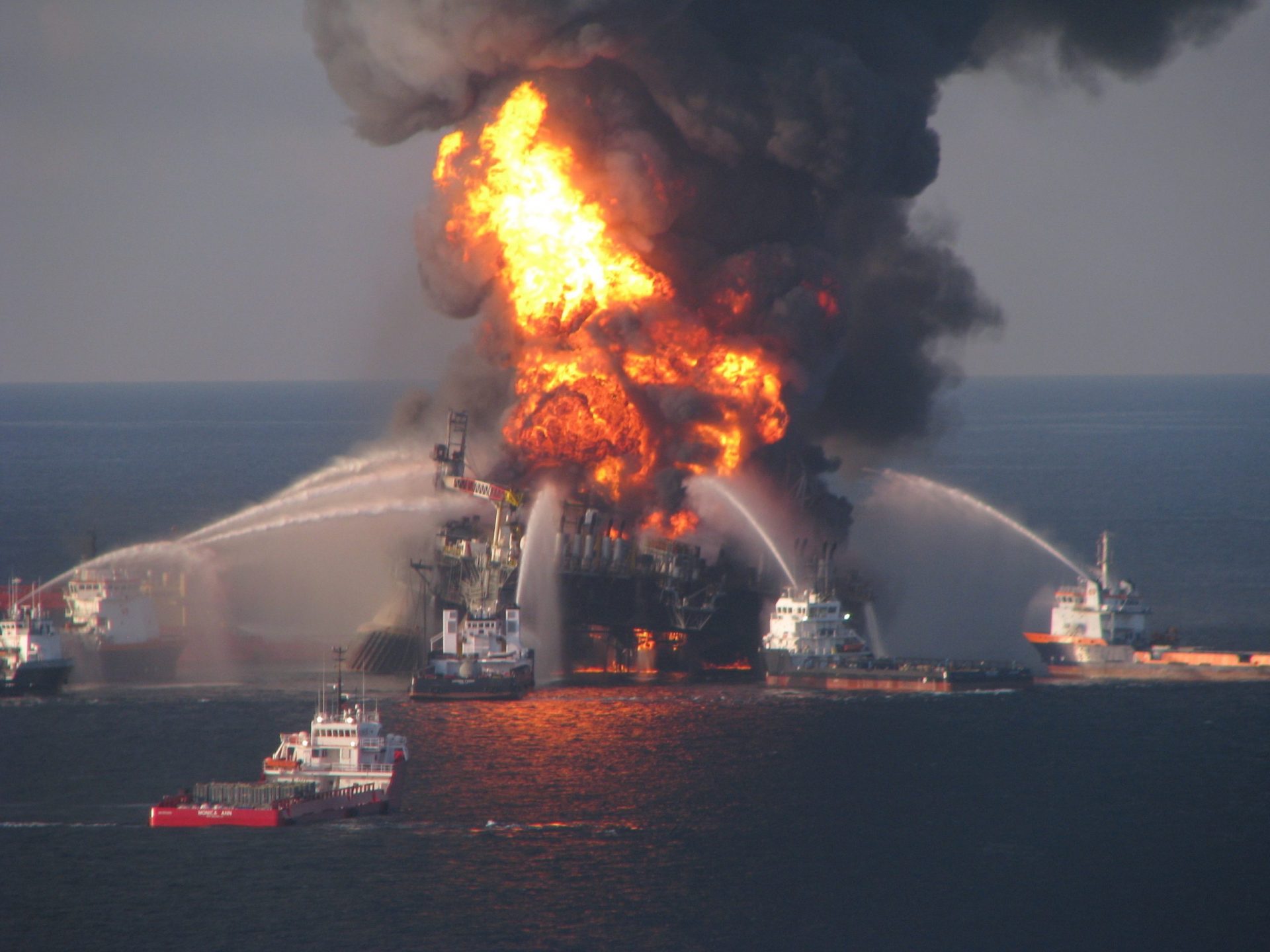WASHINGTON, D.C. – U.S. Representatives Nanette Diaz Barragán (D-CA), Vern Buchanan (R-FL), Charlie Crist (D-FL), David E. Price (D-NC) and Francis Rooney (R-FL) introduced the bipartisan Safe Coasts, Oceans, and Seaside Towns (COAST) Act to codify two of the common-sense safety regulations implemented after the 2010 Deepwater Horizon explosion. These two rules, dealing with production safety systems and well control, have been rolled back by the Administration to minimize the oil and gas industry’s safety obligations.
“As our nation’s worst offshore environmental catastrophe, our coastal communities can’t afford another devastating disaster like the Deepwater Horizon oil spill,” said Rep. Barragán. “By dismantling key safety regulations, the administration is putting fishing, tourism and recreation economies along the Pacific coast at risk. This decision is a major win for the oil and gas industry and a major loss for not just our wildlife but our environment. The Safe COAST Act will make safety regulations permanent and protect our coasts against the dangerous consequences of offshore drilling. I’m proud to reintroduce this critical legislation with Reps. Crist, Price, Rooney and Buchanan that puts the livelihoods of our communities ahead of corporate profits.”
“This is a reckless and dangerous decision that threatens Florida’s Gulf Coast. Have we learned nothing from the Deepwater Horizon catastrophe?” said Rep. Buchanan. “It would be a monumental mistake to lift these safeguards, which were based on recommendations by a bipartisan national commission in wake of the fatal 2010 disaster.”
“The Administration’s decision to roll back protections on off-shore drilling is a disappointment to all Floridians. With these actions, the well-being of our oceans and of our coastal communities is at risk. I was Florida’s Governor when the Deepwater Horizon rig exploded and dumped more than 200 million gallons of oil into the Gulf of Mexico. I know first-hand the effects a tragedy of this nature can have on our environment and on our economy,” said Rep. Crist. “We should learn from past mistakes, not hand over the fate of our coasts and oceans to the oil and gas industry. These rules are vital to protecting our coastal communities from preventable disasters and must remain in place.”
“Deepwater Horizon was the largest oil spill in American history, and the second largest in the world. Now, Secretary Bernhardt and President Trump are proposing to roll back key safety regulations, putting all of the nation’s coastlines at risk of this kind of catastrophe,” said Rep. Price. “Our legislation puts the interests of American workers, coastal communities, and marine wildlife first, rather than prioritizing the pocketbooks of large oil corporations. It would ensure that carefully crafted regulations are protected from arbitrary executive actions that would seek to undermine safety and jeopardize our environment.”
“Even the potential for an oil spill presents an existential threat to Florida. After the Deepwater Horizon spill, the tourism industry along the Gulf Coast of Florida was crushed. Even though no oil reached the west coast of Florida, 50,000 jobs were lost. Further, if any spillage or other residual effects of a spill were to reach the Loop Current, which runs clockwise down the west coast, oil and tar balls would find their way along the coast from Tampa to Key West,” said Rep. Rooney. “For these reasons, I am severely disappointed in the Administration’s decision to weaken the Well Control Rule, and am deeply concerned about the existential threat that a potential oil spill poses to Florida.”
BACKGROUND:
The 2010 Deepwater Horizon explosion led to the worst oil spill in U.S. history. Eleven workers lost their lives and 4.9 million barrels of oil were released into the Gulf of Mexico. BP has paid out more than $65 billion in claims and clean-up costs since that time with the total impact of damages still unknown.
In the wake of this disaster, several regulations aimed at better governing the oil and gas industry to protect workers and our coastal communities were put into place. This includes the Production Safety Systems Rule, requiring safety and pollution prevention equipment to be inspected by independent auditors certified by the Bureau of Safety and Environmental Enforcement (BSEE), and the Well Control Rule, requiring BSEE to confirm that the amount of pressure drillers propose to use in a new well is “safe,” thus reducing the risk of blowouts such as the one that caused the Deepwater Horizon explosion.
On Thursday, May 2, the Trump Administration finalized changes to the Well Control Rule that will reduce the frequency of tests to key equipment while also allowing drillers to use third-party companies, instead of government inspectors, to check equipment, with more time in between inspections. Meanwhile, changes to the Production Safety Systems Rule were finalized in September 2018 and eliminate third party certification of devices, as well as modify reporting requirements for equipment failures. The Safe COAST Act would preserve these two rules in their original form.
###
Nanette Diaz Barragán is proud to represent California’s 44th Congressional District, which includes the communities of Carson, Compton, Florence-Firestone, Lynwood, North Long Beach, Rancho Dominguez, San Pedro, South Gate, Walnut Park, Watts, Willowbrook and Wilmington.

